At Andantino Music Lessons, every program is carefully tailored to meet each student’s learning style and family goals. Whether the ultimate aim is to audition for advanced programs, prepare for Guild examinations that award academic credit, perform at festivals and competitions, or simply cultivate a lifelong love of music, our personalized approach nurtures growth, confidence, and joy from the very first lesson.
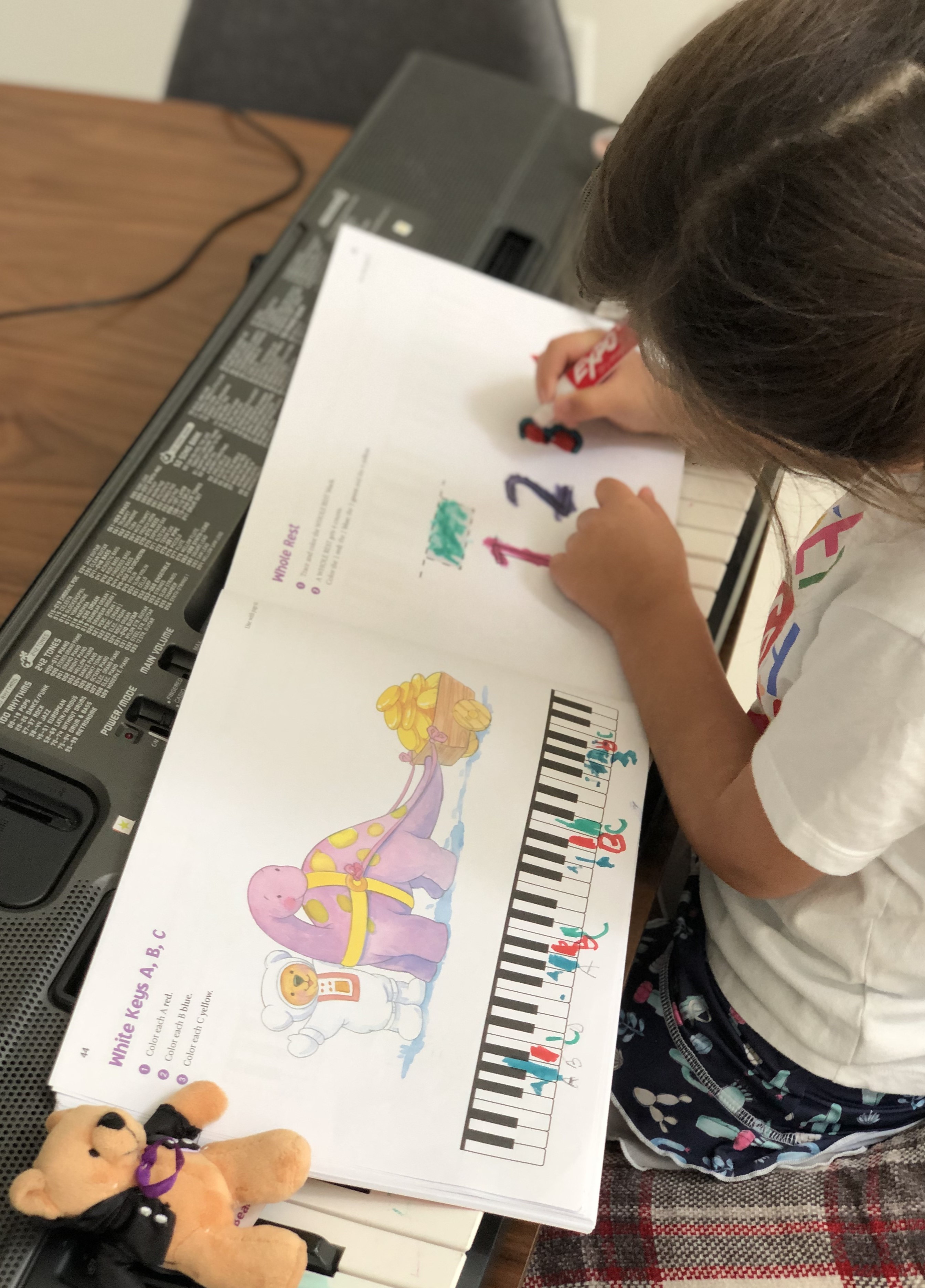
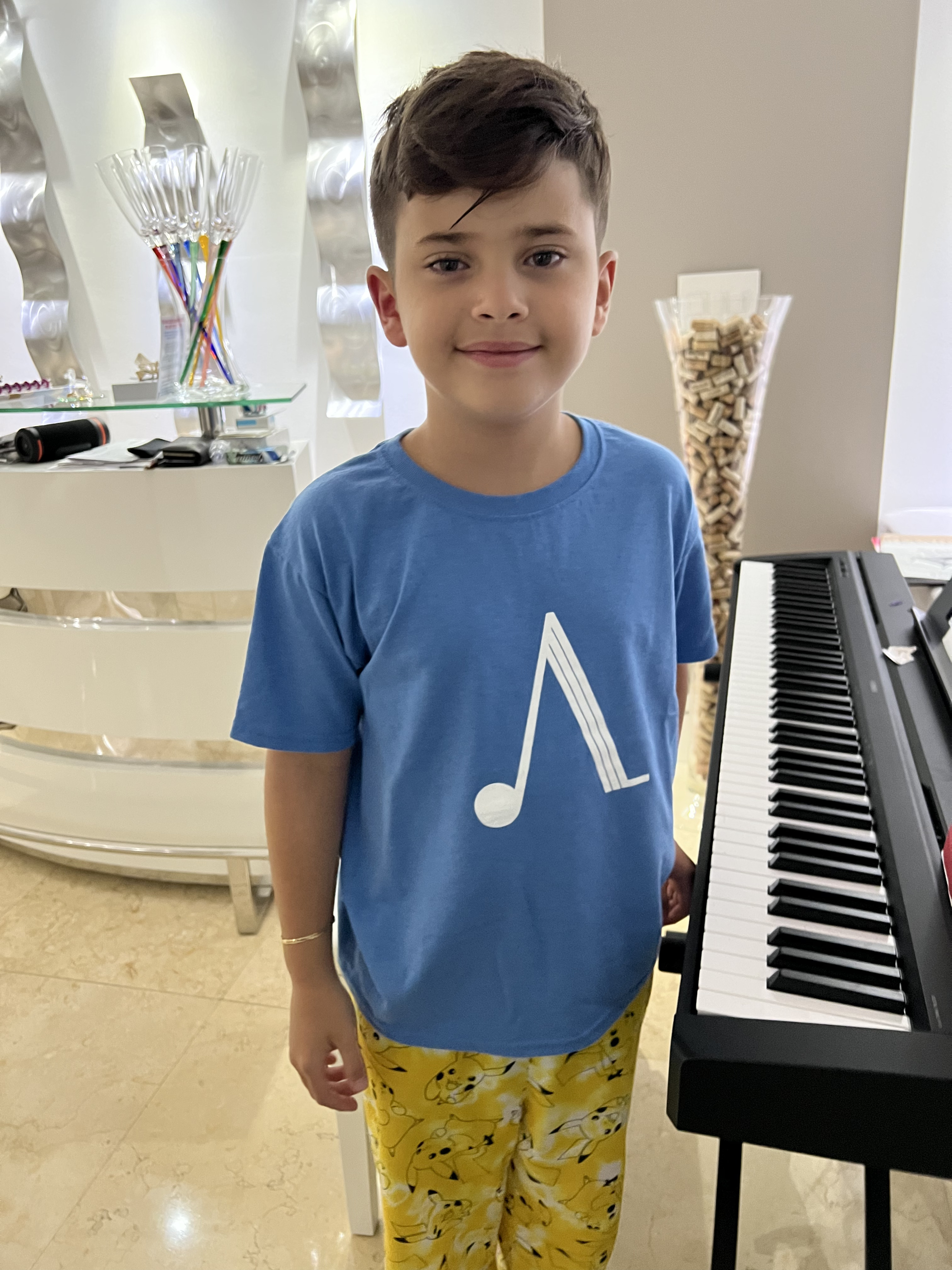
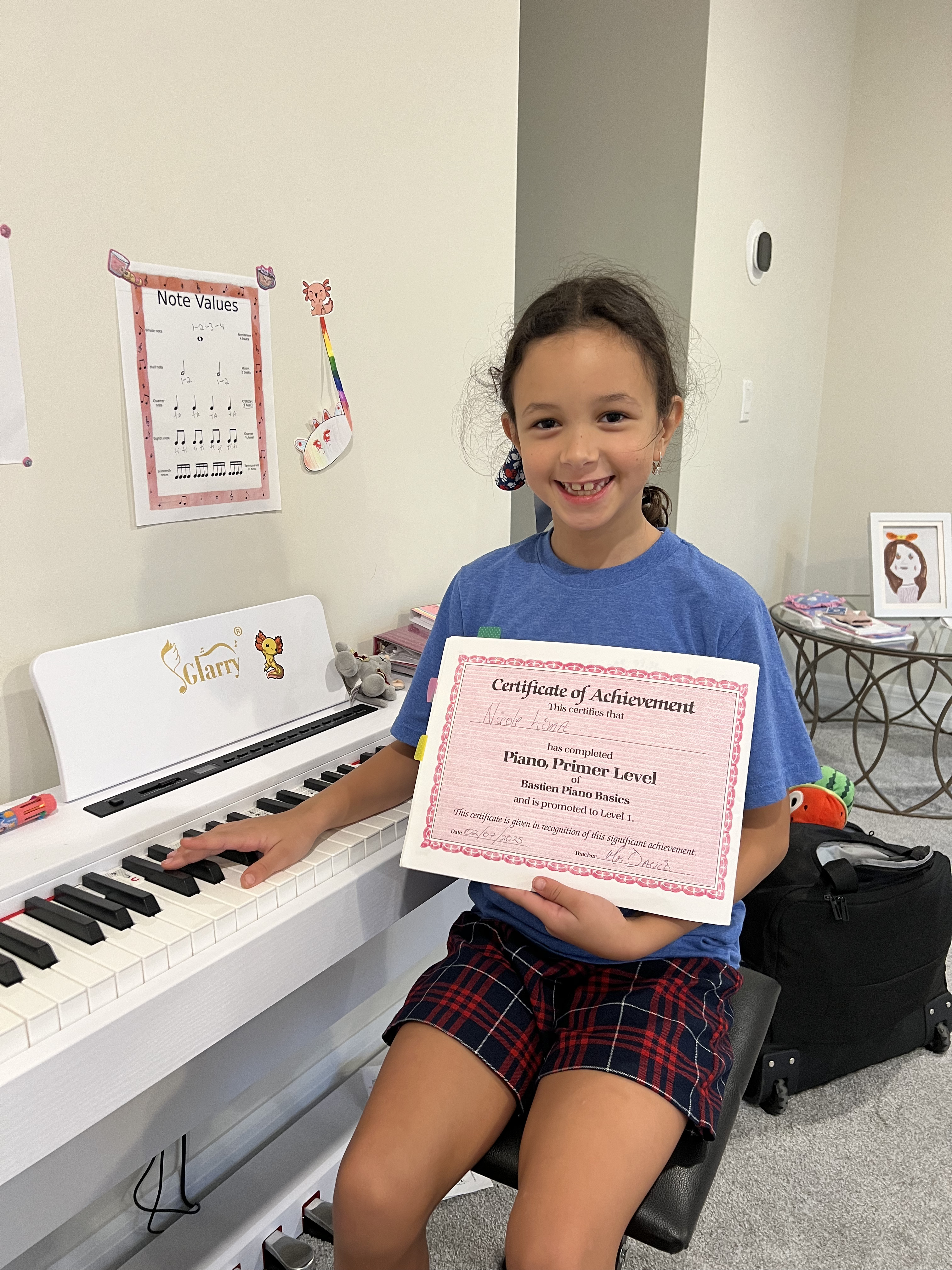
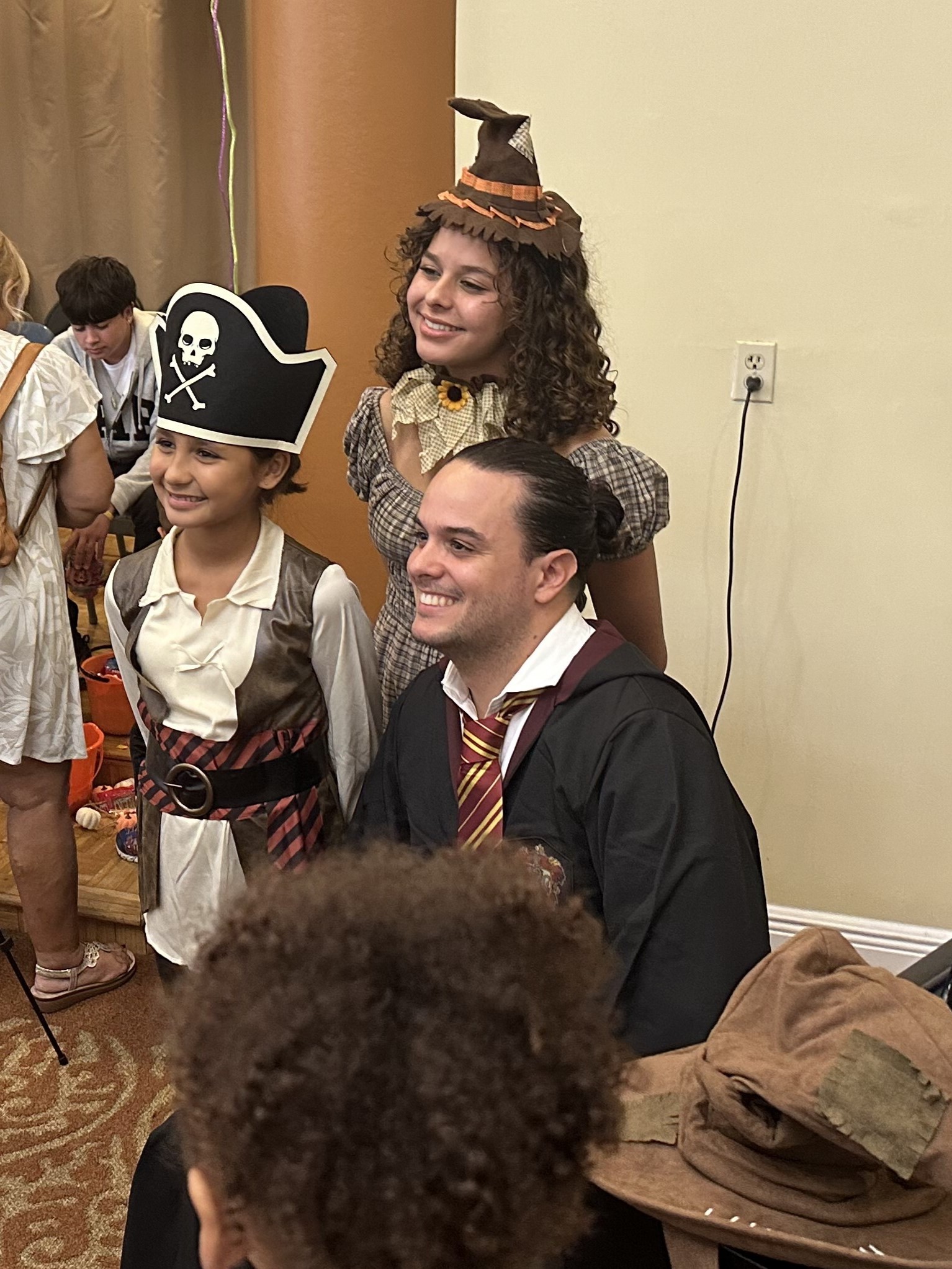
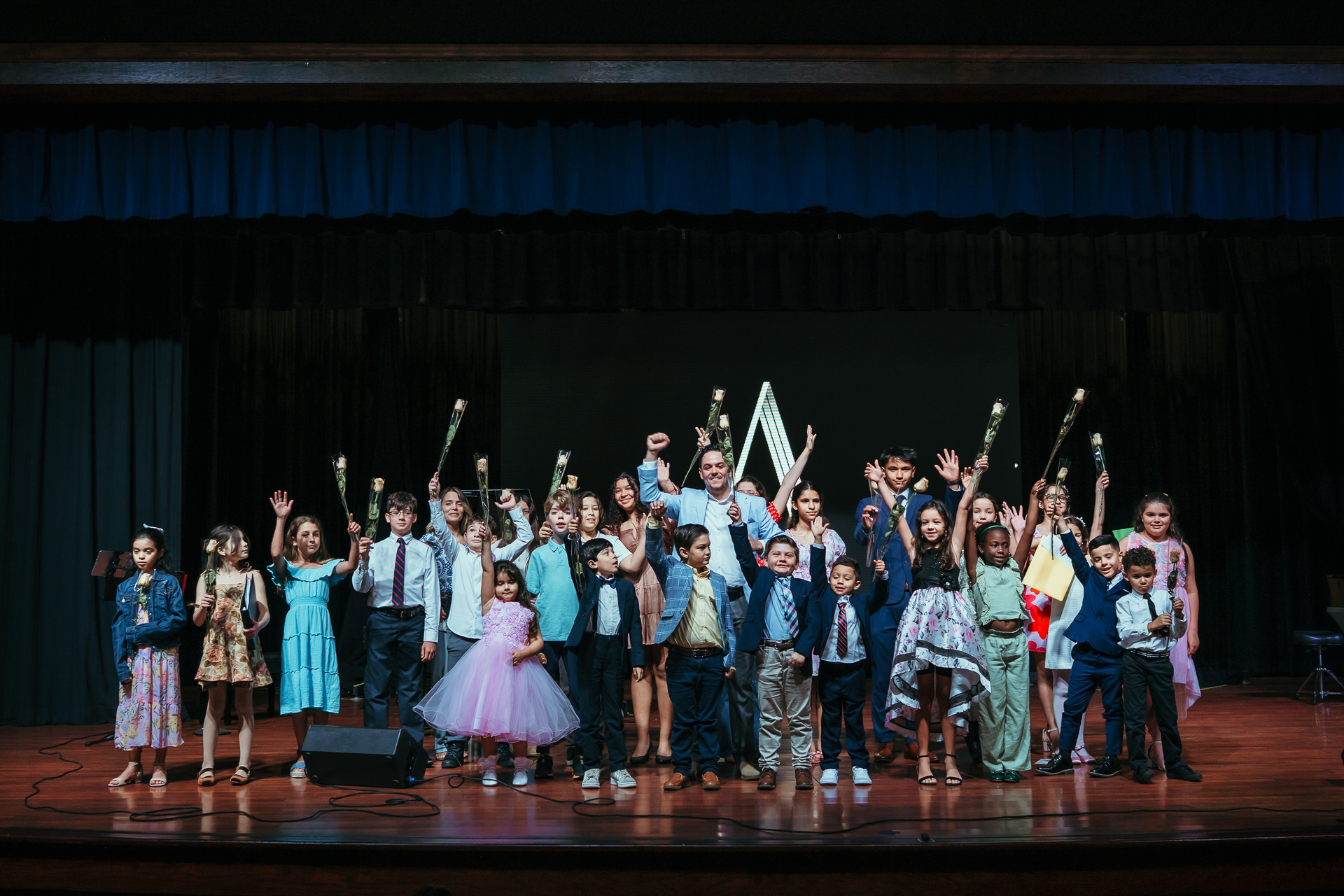
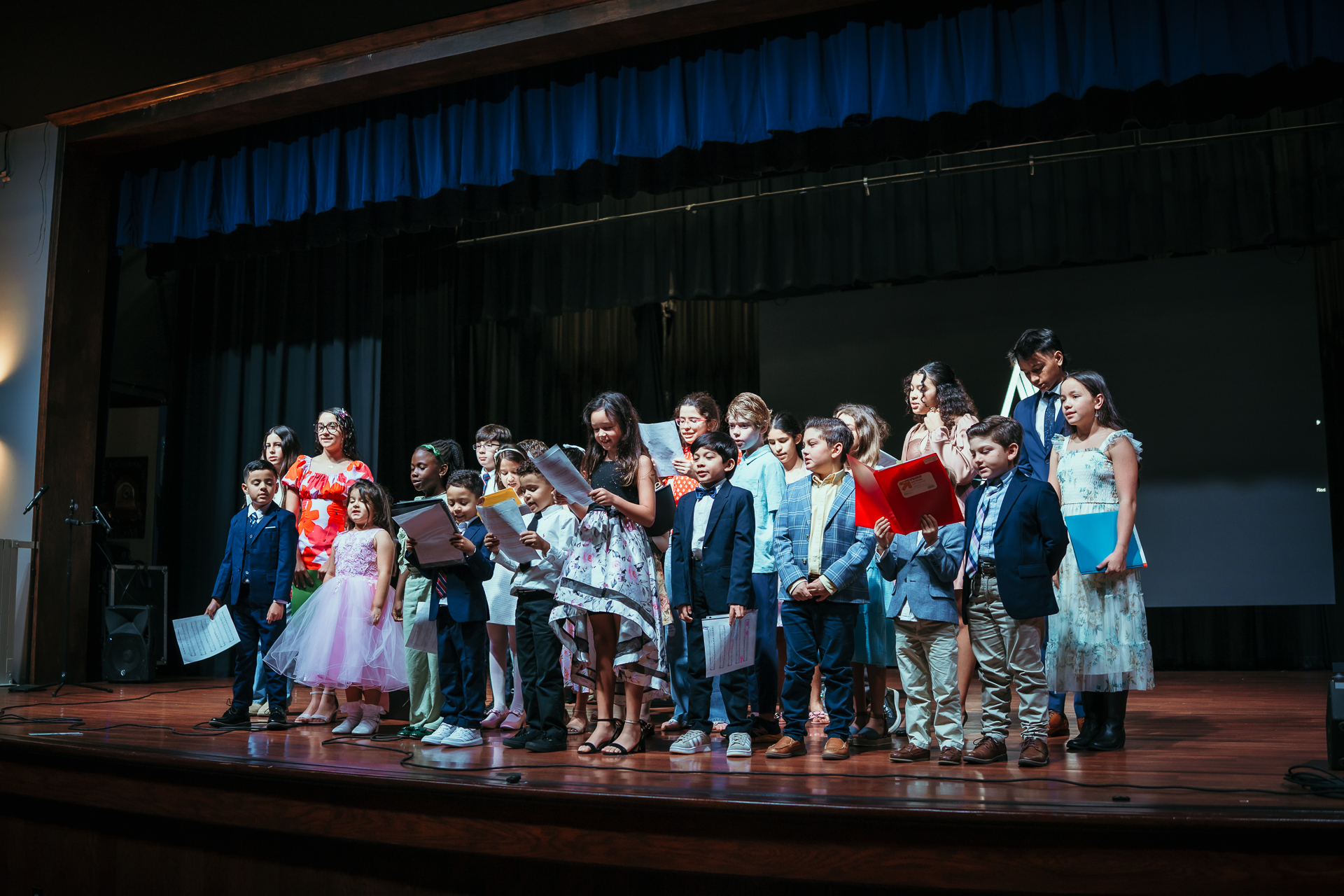
David Rodríguez, founder and lead instructor, holds a Bachelor's degree in Music Performance and Education with a specialization in Piano and Percussion from the esteemed Amadeo Roldán Music Conservatory in Havana, Cuba. His musical journey began at an early age, growing up in a family of musicians, which inspired him to pursue a career in music. He has performed with renowned artists such as the Gipsy Kings and Tito Puente Jr., and has collaborated on international music projects across Europe, including the United Kingdom and France.
Learn MoreThe cost of music lessons varies widely depending on the instrument, the instructor’s experience, the lesson format, and your location. Private lessons typically range from $30 to $100 per hour, with experienced or highly qualified teachers charging on the higher end. Group lessons are often more affordable, averaging $15 to $40 per session. Online lessons may also vary, with some platforms offering subscriptions for as low as $20 per month for pre-recorded content, while live virtual lessons with a tutor can cost similarly to in-person rates. Additional factors, like lesson length (30, 45, or 60 minutes), and any extra fees for materials or travel, may also influence pricing. It's a good idea to explore multiple options, ask for trial lessons, and find a balance between cost and the quality of instruction that meets your goals.
Students who dedicate just 15 minutes each day to practice will progress more quickly than those who practice for an hour twice a week. It's important for your child to practice daily. For younger students, multiple short practice sessions tend to be more effective than a single longer one. Beginners typically start with 15 minutes of practice per day, gradually working up to 30 minutes by the year's end. More advanced students may practice for one to three hours each day. Ultimately, what counts is maintaining consistent, high-quality practice rather than focusing on the amount of time spent.
Lessons are available both in-person throughout Palm Beach, Martin & St. Lucie Counties and virtually, providing flexibility to accommodate different schedules and preferences. Whether you prefer the hands-on experience of face-to-face instruction or the convenience of learning from the comfort of your home, both options are designed to help you achieve your musical goals. Virtual lessons are conducted through reliable platforms, ensuring high-quality audio and video for an effective learning experience, while in-person lessons offer the opportunity to engage directly with the instructor in a more traditional setting. This versatility allows students to choose the format that works best for them, making music education accessible and adaptable.n
When choosing a piano, there are several important factors to consider, including the model, style, and personal preferences, but the ultimate goal is to find an instrument that suits your needs and feels enjoyable to play. Whether you opt for a traditional acoustic piano or a modern digital keyboard, it’s essential to ensure it has 88 weighted keys to replicate the touch and response of a real piano. Acoustic pianos often provide a richer, more resonant sound, while digital keyboards offer features like portability, volume control, and additional sound settings. Beyond the technical details, the most crucial aspect is that you genuinely like the instrument and feel comfortable playing it, as this will encourage consistent practice and greater enjoyment in your musical journey.